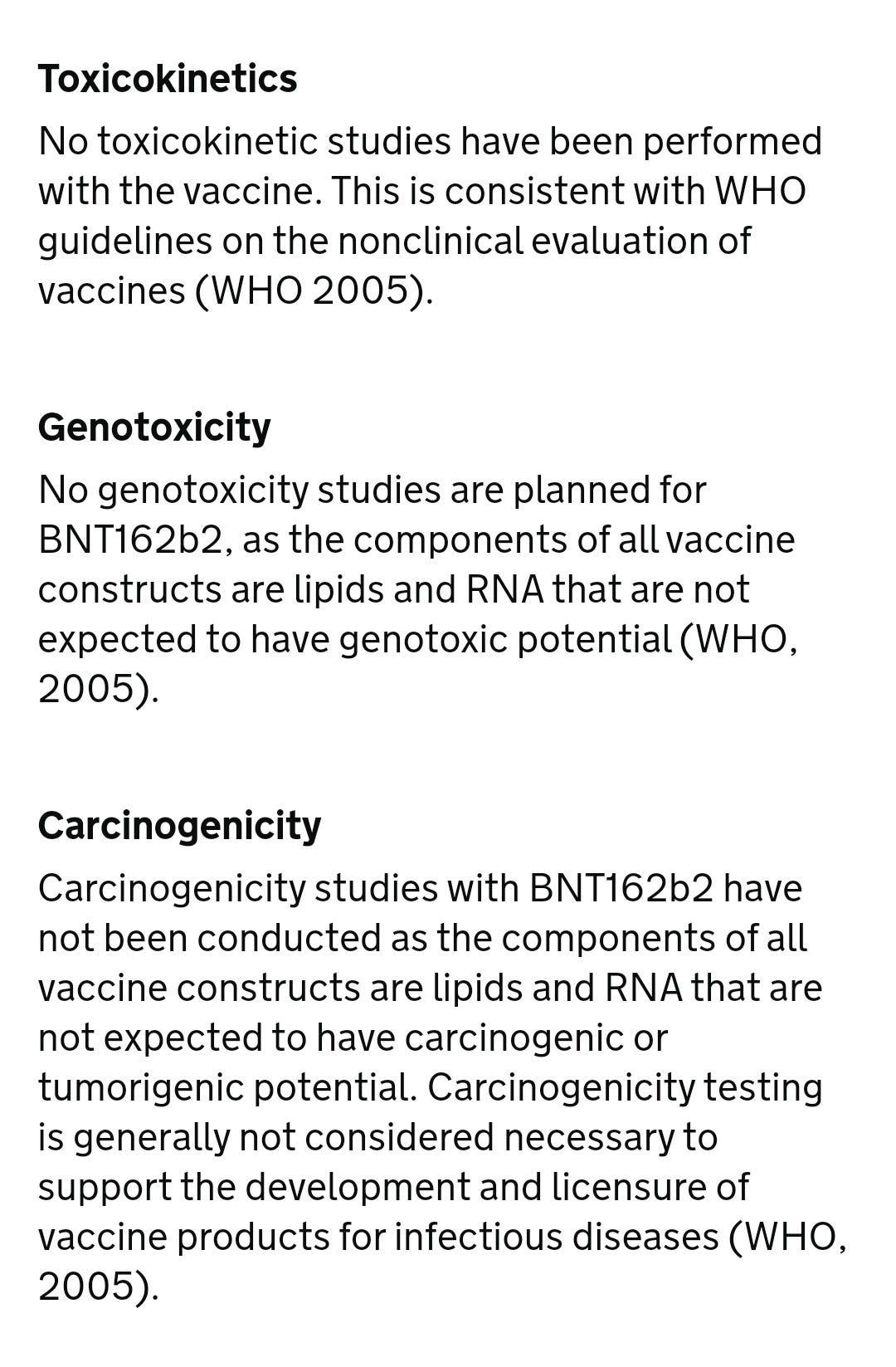And even though the battle was won, I feel like we lost it
I spent too much energy on it, honestly I'm exhausted
And I'm so caught in it I almost feel I'm the one who caused it
This ain't what I'm in hip-hop for, it's not why I got in it
That was never my object for someone to get killed
Why would I wanna destroy something I help build?
It wasn't my intentions, my intentions was good
I went through my whole career without ever mentionin'
And that was just outta respect, for not runnin' my mouth
And talkin' about something that I knew nothing about
- Eminem
Did you know that you have a second genome? Small cellular organelles called mitochondria contain their own circular DNA. What happens to your cells when this DNA mutates?
Mitochondrial diseases have been extensively investigated over the last three decades, but many questions regarding their underlying aetiologies remain unanswered. Mitochondrial dysfunction is not only responsible for a range of neurological and myopathy diseases but also considered pivotal in a broader spectrum of common diseases such as epilepsy, autism and bipolar disorder. These disorders are a challenge to diagnose and treat, as their aetiology might be multifactorial.
Depending on where the damage occurs, how much damage there is and if other environmental stressors are occurring at the time, shapes the clinical presentations of this damage.
That is to say if mitochondria are damaged in the pancreas, the cells responsible for insulin production might be damaged or underperform and this could explain onsets of diabetes.
Or if say mitochondria are damaged in the myocardium (heart muscle), we might then explain sudden adult death syndrome SADS as the cells fail to perform their jobs.
But if these damages also occur in immune cells, neurons, kidneys and all the other nooks and crannies found within the body, how many possible clinical outcomes could we potentially observe? Perhaps as many as the NINE pages included in Pfizer’s list of adverse events of special interest?
Mitochondrial mutagenesis
We are addicted to energy. Whether it’s protein synthesis, autophagy or signal transduction, almost every biological process is driven by the consumption of energy. Most of this energy is generated by mitochondria, small tubular organelles that are frequently called the powerhouses of our cells. To optimize energy production, mitochondria carry their own genome (mtDNA), a small, circular molecule that encodes 13 protein products, all of which play a role in ATP synthesis. Accordingly, loss or mutation of mtDNA invariably affects energy production, which is particularly harmful to cells with high energy demands such as neurons and muscle fibers.
All cells in different body tissues are different, and perform different functions. They all need energy though. Some cells need more energy than others do. Nerve cells (neurons), muscle cells (including in your heart) and liver cells are quite hungry and require a lot. They need a lot of energy. And so they have a lot of mitochondria in each cell to produce this energy. Not just one.
Stressors such as pollutants, pharmaceuticals, and ultraviolet radiation can damage the mitochondrial genome or disrupt mtDNA replication, repair, and organelle homeostatic processes, potentially influencing the rate of accumulation of mtDNA mutations. Accelerated mtDNA mutagenesis could contribute to aging, diseases of aging, and sensitize individuals with pathogenic mtDNA variants to stressors.
Now if you have time, take a look at the findings related to fluoroquinolone antibiotics and their links to mtDNA damage. This is an interesting subject in and of itself. Why does damage happen to some people but not all those who take it? Just keep that question in the back of your mind.
Mitochondrial damage is likely one of the root causes of many disease pathologies including those in long covid and some of the vaxxine injuries too. So far the damage is not consistently able to be treated. We have no identified cure, yet.
I very much doubt we can get a drug/medicine to target specific broken mitochondria in specific cells all over the body without potentially f*cking up all the other healthy cells or damaging their mitochondria.
But it might be possible to mark damaged cells somehow, because they produce excessive oxidative stress (ROS), sort of like thick black exhaust fumes can be seen escaping from an old run down car. Then delete those cells so only the healthy non damaged cells repopulate within the tissues. This long shot in pharmaceuticals might be the way to reverse the problem. And who knows, it might bring forth the invention of an elixir of everlasting life. The philosophers stone. Or a miracle in age related beauty therapy. Just food for thought. Or a pipe dream.








Any thoughts on CoQ10 and PQQ? How about DMG?
Accelerated aging is one of the happy consequences of spike toxicity. That was a hypothesis I had, nowadays I have some observations to support it, but no will to keep track anymore.